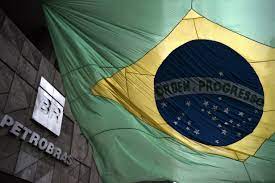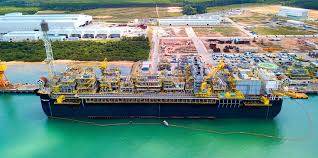Lessons-Learned from the Trafigura FCPA Settlement (Part III of III)

The Justice Department is rightly trumpeting its successful sweep of the commodities trading industry. DOJ’s success is reflected in its six separate corporate resolutions and 20 individual convictions, resulting in over $1.7 billion in penalties.
Companies in the global commodities trading industry should take heed of DOJ’s focus. Every significant player in the industry, if not under investigation, should audit and review their operations. Those companies that ignore DOJ’s enforcement actions are only inviting further DOJ scrutiny. DOJ has a stable of cooperating witnesses and intelligence that is likely to point to other possible subjects for investigation.
Global commodity trading companies have a high-risk profile. Trading companies engage in large value trading activities, typically involving state-owned enterprises. As a result, traders regularly interact with “foreign officials” employed by state-owned entities which control valuable energy, mining and resources.
The global commodity trading industry includes several other high-risk characteristics.
First, former government officials often continue to operate in the industry as agents or employees of the trading companies.

Second, commodity traders are notorious for regularly communicating with each other and maintaining incestuous relationships with each other as a way to collect and maintain valuable market intelligence.
Aside from basic bribery risks, these industry factors foster a high-risk business environment that includes anti-competitive risks of price-fixing and other cartel behaviors. In other words, commodity trading requires substantial compliance controls and resources, including basic surveillance, auditing and testing regimes.
The Trafigura settlement reinforces the importance of robust compliance and surveillance strategies. The trading markets operate swiftly and risky transactions can occur quickly with little to no surveillance or opportunities to intervene.
From the anti-bribery perspective, Trafigura employed “tried and tested” techniques to execute a lucrative bribery scheme. From a review of the factual statement, it is clear that Trafigura maintained little to no compliance oversight.
Significantly, it is clear that Trafigura failed to maintain any proper third-party due diligence or risk management program. As an example, consider the fact that Trafigura hired a former Petrobras official involved in bribery as an agent in Brazil. On its face, engaging a former Petrobras official raises significant risk that would require enhanced due diligence and application of robust controls to monitor all interactions and financial dealings of the “new” agent.

Further, the hiring of a Singapore-based intermediary to assist in the conduct of Petrobras business in Brazil begs the question — what was the business justification for this arrangement? The Singapore-based intermediary was able to move large amounts of cash through regional banks eventually landing in locations near Brazil. The justification for these transactions was a sham consulting arrangement in which the invoices listed only “consulting on oil industry issues.”
Trafigura, like its competitors, failed to maintain any semblance or appearance of compliance. Instead, as demonstrated by the brazen bribery scheme, Trafigura operated with impunity, ignoring all possible compliance controls or regard for ethics, compliance and the law.















